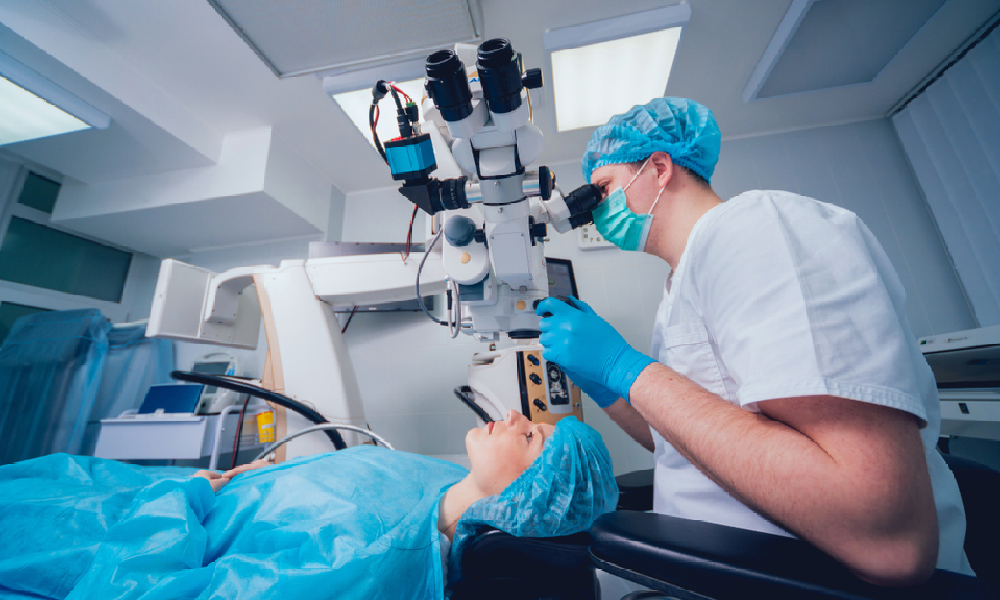Testosterone is a vital hormone predominantly produced in the testicles for men and in smaller amounts in women’s ovaries. It plays a crucial role in male sexual development and is responsible for the maintenance of muscle bulk, adequate levels of red blood cells, bone growth, a sense of well-being, and sexual function.
Roles and Benefits of Testosterone
- Promotes muscle mass and strength
- Enhances libido and sexual performance
- Supports mental and emotional health
- Regulates fat distribution and bone density
Signs of Low Testosterone Levels
Individuals may experience various symptoms, including:
- Decreased sex drive
- Fatigue and energy loss
- Mood swings and irritability
- Reduced muscle mass
Preparing for Your Appointment
Before visiting your doctor to discuss testosterone levels, it’s crucial to be well-prepared. This preparation will help you make the most of your appointment and ensure that you cover all necessary aspects of your health.
Gathering Your Medical History
Compile a detailed medical history that includes any chronic illnesses, past surgeries, and current medications. This information will provide your doctor with a comprehensive view of your health, which is essential for accurate diagnosis and treatment.
Symptoms to Note
List all symptoms you’ve been experiencing, especially those that might indicate low testosterone levels such as fatigue, low libido, or mood changes. Be as specific as possible to help your doctor understand your concerns.
Questions to Prepare
Prepare a list of questions to ask your doctor. These might include inquiries about potential causes of low testosterone, diagnostic tests, and treatment options. Having these questions ready will ensure a thorough discussion and help you understand your condition better.
Discussing Symptoms and Concerns
When visiting a healthcare provider to discuss potential low testosterone, it’s crucial to be thorough and honest about the symptoms being experienced. This transparency allows for a more accurate diagnosis and tailored treatment plan.
- Describing Your Symptoms: Begin by detailing all physical, emotional, and cognitive symptoms. Whether it’s fatigue, mood swings, or decreased muscle mass, each detail can help in assessing the severity of testosterone deficiency.
- Discussing Lifestyle Factors: Lifestyle plays a significant role in hormone levels. Discuss daily routines, diet, exercise, and any stressors that might affect overall health. This discussion can lead to insights on natural ways to boost testosterone levels.
- Addressing Emotional and Psychological Impacts: The emotional and psychological effects of low testosterone can be profound. Patients should not hesitate to express any feelings of depression, irritability, or anxiety. Understanding these impacts can help in formulating a comprehensive approach to treatment.
Exploring Diagnostic Tests
When approaching the topic of testosterone levels, diagnostic tests play a crucial role. These tests help in accurately assessing the hormone levels and guiding the subsequent treatment plans.
Common Tests for Testosterone Levels
Various tests are available to measure testosterone levels. The most common is the blood test, which is typically conducted in the morning when testosterone levels are highest. Saliva tests and urine tests are also options, though less commonly used.
Understanding Test Results
Interpreting the results of testosterone tests is vital. Normal ranges vary widely depending on age, gender, and test methods. It’s important for patients to discuss their results with their doctor to understand what they mean for their individual health situation.
Frequency and Timing of Tests
The frequency of testing can vary based on initial results and treatment responses. Typically, doctors recommend retesting every few months to monitor the effectiveness of any treatment and adjust as necessary. Timing of the tests may also be adjusted based on factors like age and overall health.
Treatment Options for Low Testosterone
Lifestyle Changes and Natural Remedies
Addressing low testosterone can often begin with modifications in lifestyle and natural remedies. Key strategies include:
- Regular exercise: Particularly strength training and high-intensity interval training (HIIT).
- Balanced diet: Emphasizing whole foods rich in zinc, vitamin D, and omega-3 fatty acids.
- Adequate sleep: Aiming for 7-9 hours per night to help regulate hormone levels.
- Stress reduction: Techniques such as meditation, yoga, or therapy can be beneficial.
Medication and Supplements
If lifestyle adjustments are not sufficient, medications and supplements might be recommended. Common options include:
- Testosterone replacement therapy (TRT): Available in various forms such as gels, patches, or injections.
- Clomiphene citrate: A non-steroidal medication that can stimulate testosterone production.
- Dehydroepiandrosterone (DHEA): A naturally occurring hormone that can be taken as a supplement to boost testosterone levels.
Considering Hormone Replacement Therapy
For some individuals, hormone replacement therapy (HRT) may be a viable option. It’s important to discuss the potential benefits and risks with a healthcare provider. Factors to consider include:
- Age and overall health
- Severity of symptoms
- Risk of potential side effects, such as increased risk of certain cancers or cardiovascular issues.
Decisions regarding HRT should be made collaboratively, ensuring that the patient’s values and health goals are prioritized.
Monitoring and Managing Treatment
Effective management of low testosterone treatment involves regular monitoring and adjustments to ensure optimal outcomes. Patients should be proactive in scheduling regular check-ups to assess the effectiveness of their treatment and make necessary adjustments. During these visits, healthcare providers will measure testosterone levels and evaluate symptom improvement to determine if the current treatment plan is effective.
Adjusting treatment plans is crucial as individual responses to treatment can vary. Factors such as age, overall health, and specific symptoms play a significant role in how well a treatment works. It’s important for patients to communicate openly with their healthcare team about any side effects they experience. This communication helps in fine-tuning the treatment to better suit their needs.
Dealing with side effects is an integral part of managing testosterone treatment. Common side effects may include changes in mood, weight gain, or sleep disturbances. Patients should report these issues during their check-ups so that the healthcare provider can address them promptly, ensuring a more comfortable and effective treatment journey.
Communicating with Your Healthcare Team
Effective communication with your healthcare team is crucial in managing any health condition, including low testosterone. Building a strong, trusting relationship with your doctor can significantly influence the quality of care you receive. It is important to feel comfortable sharing your concerns and symptoms as openly as possible.
Building a Trusting Relationship
- Be honest and upfront about your symptoms and lifestyle habits.
- Ask questions to clarify any doubts or concerns.
- Show appreciation for your healthcare provider’s efforts and expertise.
When to Contact Your Doctor
- If you experience any new or worsening symptoms.
- Before making any significant changes to your lifestyle or treatment plan.
- Whenever you have concerns about your treatment or its side effects.
Getting a Second Opinion
- Consider seeking a second opinion if you are unsure about your diagnosis or treatment plan.
- Look for a specialist who has experience in treating low testosterone.
- Ensure that all your medical records are transferred accurately to provide the second doctor with a comprehensive view of your health history.

 Utilizing 3d printing technology in medical training
Utilizing 3d printing technology in medical training  Online THC A Flowers: Best Options Available
Online THC A Flowers: Best Options Available  Entails of terpenes in Delta 8 gummies
Entails of terpenes in Delta 8 gummies  Why are regular check-ups with a thyroid health specialist important?
Why are regular check-ups with a thyroid health specialist important?  Pain Down There? You Are Not Alone! Understanding Chronic Pelvic Pain
Pain Down There? You Are Not Alone! Understanding Chronic Pelvic Pain  What Allied Health Services are Available in Werribee for NDIS Participants?
What Allied Health Services are Available in Werribee for NDIS Participants?  What to Expect When Visiting a Pain Center for the First Time?
What to Expect When Visiting a Pain Center for the First Time?  Health benefits of using the best magic mushroom gummies
Health benefits of using the best magic mushroom gummies  Addiction is a complex and devastating disease.
Addiction is a complex and devastating disease. 
